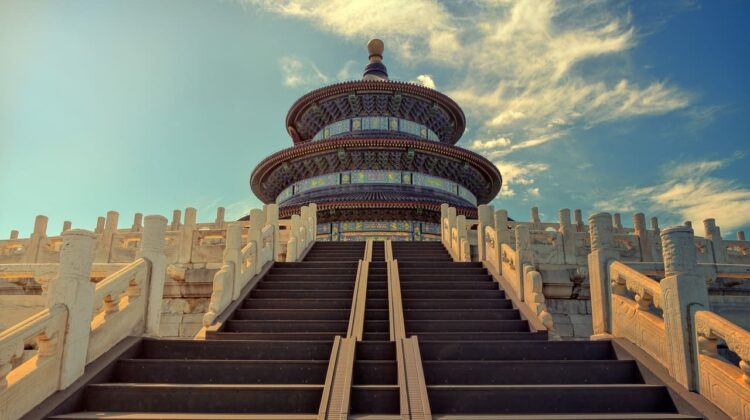
Exploring the Rich Tapestry of Asian Cultures
In the vast expanse of Asia, a continent both ancient and vibrant, lies a myriad of cultures and traditions that form a rich tapestry, as intricate and diverse as the lands themselves. From the snow-capped peaks of the Himalayas to the lush jungles of Southeast Asia, from the arid deserts of the Middle East to the bustling metropolises of East Asia, this vast region is a kaleidoscope of people, languages, religions, and histories.
At the heart of Asia’s cultural diversity are its people. Home to over 4.5 billion individuals, the continent boasts a population that is as varied as it is numerous. Each region, each country, and each community has its own unique identity, shaped by millennia of history, migration, and interaction. The cultural landscape of Asia is a testament to the resilience and adaptability of its people, who have maintained their distinct identities while also absorbing and adapting elements from their neighbours and from the waves of colonialism and globalisation.
Language is a key component of this diversity. Asia is home to thousands of languages, ranging from the widely spoken Mandarin, Hindi, and Arabic to the numerous indigenous languages that are spoken by only a handful of people. This linguistic diversity is not merely a matter of communication; it shapes the way people think, behave, and interact with the world around them. Each language carries with it a unique worldview, a set of values and beliefs that are expressed through the idioms and metaphors that are unique to that language.
Religion, too, plays a significant role in shaping the cultures of Asia. The continent is the birthplace of many of the world’s major religions, including Hinduism, Buddhism, Sikhism, and Jainism, as well as a host of other belief systems and practices. These religions have not remained static but have evolved and interacted with each other over the centuries, creating a complex religious landscape where syncretism and interfaith dialogue are the norm rather than the exception.
The history of Asia is a tale of empires and kingdoms, of trade and conquest, of migration and settlement. The ancient civilisations of Mesopotamia, the Indus Valley, and the Yellow River laid the foundations for the cultures that would follow. The Silk Road, that ancient network of trade routes, was not just a conduit for goods but also for ideas, technologies, and cultures. The Mongol Empire, one of the largest in history, brought much of Asia under a single rule, leading to an unprecedented exchange of cultures and ideas.
In more recent times, the impact of colonialism and the struggles for independence have left an indelible mark on the cultures of Asia. The colonial powers, with their own agendas and worldviews, reshaped the political and cultural landscapes of their colonies, leaving a legacy that is still felt today. The post-colonial era has seen a resurgence of cultural identity, as nations and communities seek to reclaim their heritage and chart their own course in a rapidly changing world.
The cultural diversity of Asia is not just a matter of historical interest; it has profound implications for the present and the future. In a world that is increasingly interconnected and interdependent, understanding and appreciating this diversity is essential. It is not enough to simply tolerate difference; we must actively engage with it, learn from it, and celebrate it.
The cultures of Asia, with their rich histories and vibrant present, offer a window into the human experience, a chance to see the world from a different perspective. As we navigate the challenges of the 21st century, from climate change to technological disruption, the wisdom and creativity of Asia’s diverse cultures will be an invaluable resource. We must take the time to explore this rich tapestry, to listen to the stories it has to tell, and to learn the lessons it has to teach. Only then can we hope to build a future that is truly inclusive, sustainable, and just.
Author: Donglu Shih
Expert in Asian culture and economics. She collaborates with major companies in the field of international relations. Collaborates with The Deeping on Asian political topics

